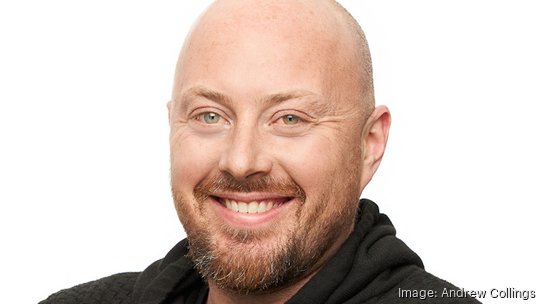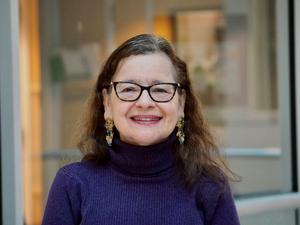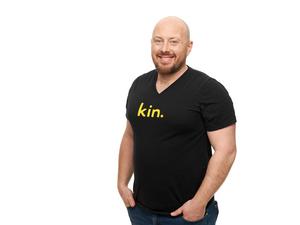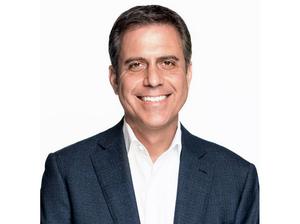
After canceling its plans to go public in early 2022, citing unfavorable market conditions, Kin Insurance is finding that, given the way the markets have performed over the past year, perhaps it was for the best.
While other startups experienced big down rounds and drops in their valuations last year, Kin CEO Sean Harper considers himself fortunate to be raising at the same terms and valuation he got in early 2022.
Founded in 2016, Kin has built a direct-to-consumer home insurance business that specializes in insuring homes that are impacted by severe weather events.
The company announced this week that its Series D, which first closed in March 2022, is now up to $109 million. Its third close on the round, an incremental $15 million, came from Geodesic Capital, QED Investors and others.
Harper said the company was able to upsize the round because it was doing well and in the fall one of its investors asked to put more money in. While he wouldn't discuss the exact terms of the valuation, he said it was for the same terms as in February 2022.
"When push came to shove, we were happy to take some more money from investors because the company was performing," he said. "It wasn't nosebleed territory multiples like it was in 2021 — it was an extension. We didn't get an increase in valuation, but in the current times that's not a terrible outcome."
Harper decided it was fair to keep the same valuation because even though they had a good year, he looked around and saw valuations were down across the board, driven by rising interest rates.
He did say that the valuation of the February 2022 round was 50% higher than the round the company raised in spring 2021, which in turn was almost 3.5 times higher than the spring 2020 raise.
"In 2021 there were all sorts of companies raising historic multiples," Harper said. "I'm not going to say that I was never jealous — of course if you're an entrepreneur and you're working hard and you look around and other companies are getting such high multiples, there's a little bit of FOMO [fear of missing out] there.
"But the counterpoint is if you get used to that, and you build your business assuming you're always going to have a low cost of capital, you might make some suboptimal decisions. You may hire too fast or invest in some questionable projects."
Harper said he sold his last business "too early and I regretted it. It's one of the biggest mistakes I've ever made in my whole life."
As for Kin, "We do want to go public, but if 2021 was a normal year" — meaning that if companies weren't raising at historic multiples then — "there's no way we would have [considered going] public. It just didn't make sense. We are too small, we weren't profitable yet, and we weren't diversified enough."
Harper added that after the SPAC deal fell through, the company "definitely changed our plans" and pivoted to profitability.
"It required some tradeoffs. We grew the team a little slower than we would have in 2021 and had to be a little more careful with our investments," he said.






